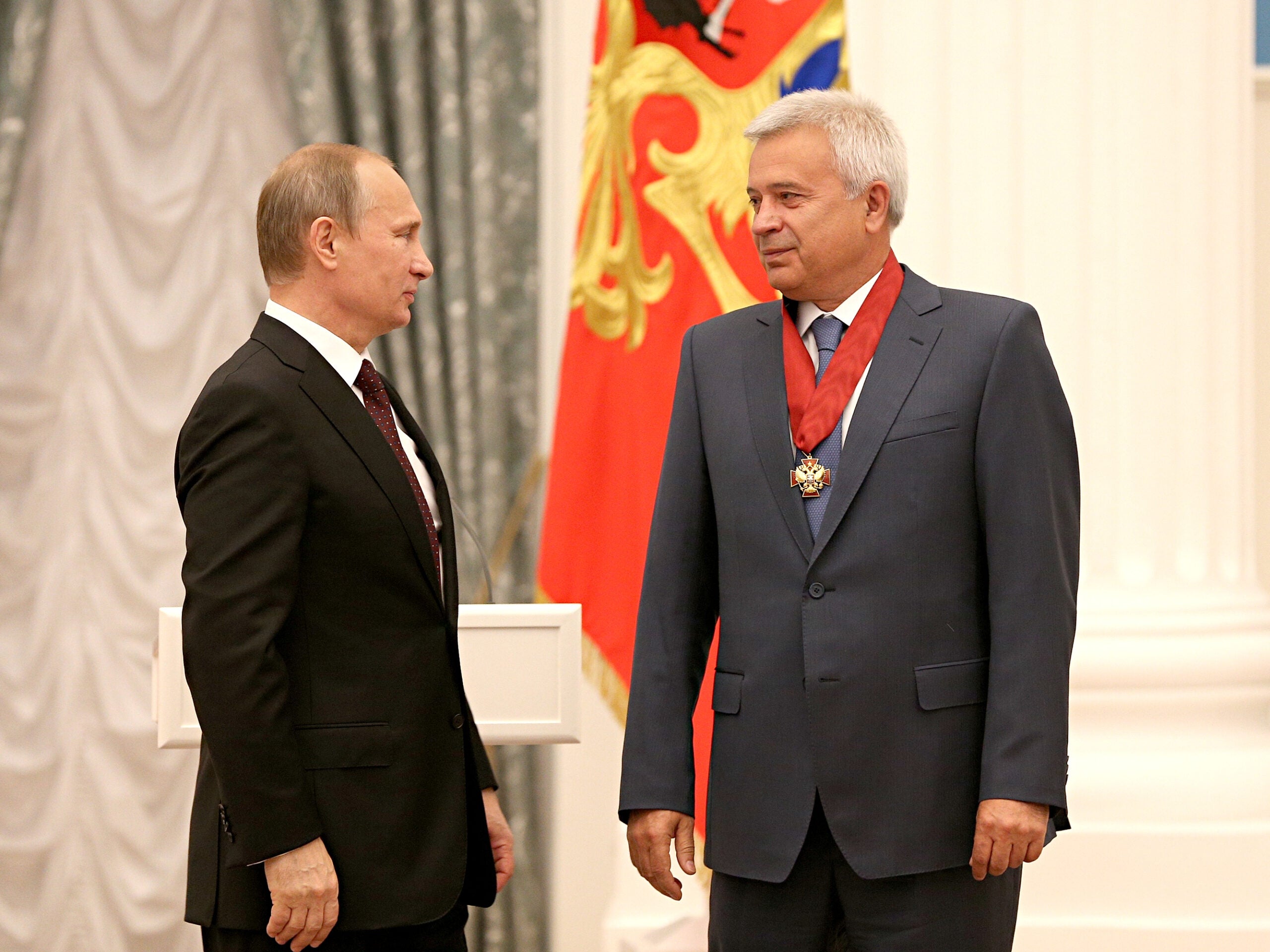
Directors of Russia’s second largest oil and gas company, Lukoil, have called for an end to the war in Ukraine. The board published a statement on Thursday as Russia tightened restrictions on open information, enforcing repetition of government rhetoric.
The full statement reads: “Dear shareholders, employees, and customers of Lukoil, The board of directors of Lukoil expresses here with its deepest concerns about the tragic events in Ukraine. Calling for the soonest termination of the armed conflict, we express our sincere empathy for all victims who are affected by this tragedy. We strongly support a lasting ceasefire and a settlement of problems through serious negotiations and diplomacy.
“The company makes every effort to continue its operations in all countries and regions where it is present, committed to its primary mission of a reliable supplier of energy to consumers around the world. In its activities, Lukoil aspires to contribute to peace, international relations, and humanitarian ties.”
The statement comes as Russia’s ruling party has reinforced laws preventing people from referring to Russia’s invasion as such. While the Lukoil statement takes care to avoid using the words “invasion” or “war”, Russian authorities will not appreciate references to “tragic events” or “conflict”.
Over the past 48 hours, Russian authorities have cracked down on media broadcasts, causing independent media companies to cease operations. The country has instructed remaining “news” content makers to supress information around Russia aggression and casualties.
Instead, remaining content producers maintain that Russian forces have attempted a well-run “special military operation”. Any companies or individuals ignoring the line set by Russia’s ruling party face arrest. As a result, authorities have removed several Western broadcasters, including the BBC and DW, from Russian TV. Some independent Russian media companies have ceased broadcast instead of risk punishment for truthful reporting.
Lukoil has several investments in the North Sea, and claims to be responsible for 12% of Russian crude oil production. On Wednesday, the company discussed co-operation with Gazprom in northern Russia.



